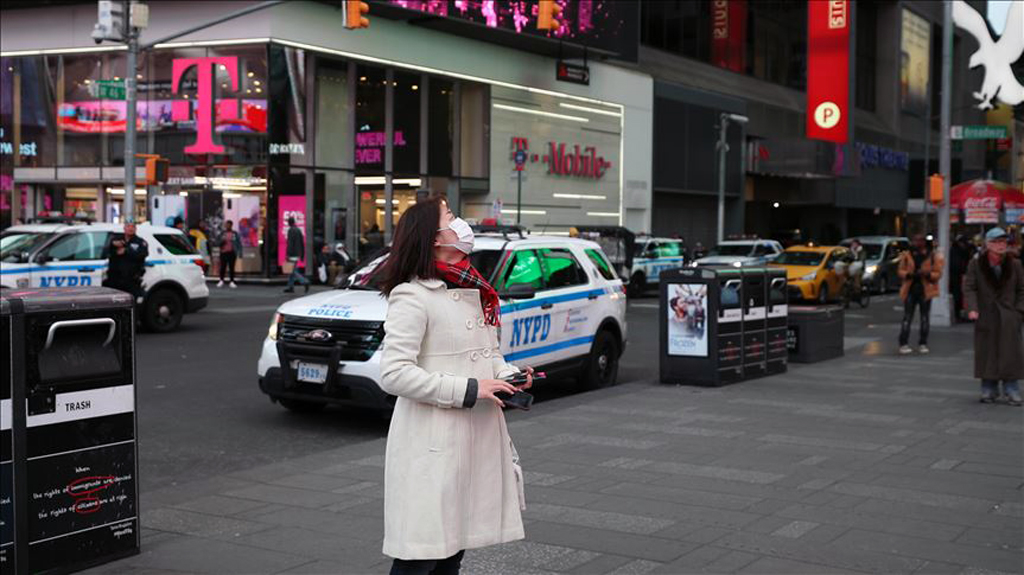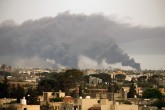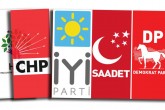What went wrong in the U.S. handling of the COVID-19 crisis? This will be one of the most significant questions waiting to be answered in the next few years. Not only U.S. residents but also people around the world watching the U.S. becoming one of the epicenters of the outbreak want to know the answer to this question. With the emergence of new whistleblowers and information leaks on the media, it seems that the most accurate answer to this question will emerge through an investigation by a commission. The different dimensions of the response warrant contribution of experts in public health, economics, crisis management, health care sector, intelligence and foreign policy. With the latest information released to the press, it is apparent that this response will be three dimensional.
The first of this dimension is related to the decision-making mechanism before the beginning of the outbreak. There are significant issues that were raised by former administration officials in regard to the preparation for the pandemic in the U.S. Following the reports about the intelligence briefings to President Donald Trump in regard to the risk of this outbreak in January, now another whistleblower came out revealing new information about what happened that month. Rick Bright, former director of the Biomedical Advanced Research and Development Authority, in his testimony to the U.S. Congress revealed the level of unpreparedness and negligence on the part of the administration before the emergence of the outbreak. According to him, there is still not sufficient preparation for a potential bounce-back of the epidemic in fall, which he describes could be the worst winter of the U.S. The reports, whistleblowers and leaks all signal that the expert knowledge on pandemic needs to be reconsidered.
Secondly, very much related to preparedness, there is a significant problem with the availability of the necessary medical supplies during the pandemic. The world witnessed an almost two-month-long debate between Trump and the governor of New York on the lack of masks especially to protect health care workers from the coronavirus. Then we also saw that the number of ventilators was less than required for such a pandemic. Following the approval of the medication remdesivir by the Food and Drug Administration, now we are learning that the number of these medications sent to the states is actually far less than the number of patients. For instance, according to CNN in San Francisco, there are 70 COVID-19 patients in the hospitals, but the federal government sent remdesivir for only four patients. The state of California is suggesting hospitals conduct a lottery to decide which four of the 70 patients will get this medication. Similarly, Rick Bright during his testimony to the U.S. Congress talked about the lack of N95 masks in the U.S. for health care workers and raised the issue of the low-quality masks that are imported during this process which does not provide sufficient protection for the nurses and the doctors.
Finally, in all of the debates about COVID-19, the main issue will continue to be China. For some in Washington, “what went wrong” is strongly related to what information China shared with the world during the early phase of the outbreak. This question also needs an answer before the administration and Congress can take some measures against China. Trump’s reaction to China’s negligence in this process has been volatile so far and only investigations carried out by a commission can reveal the truth behind these claims.
[Daily Sabah, 16 May 2020]



